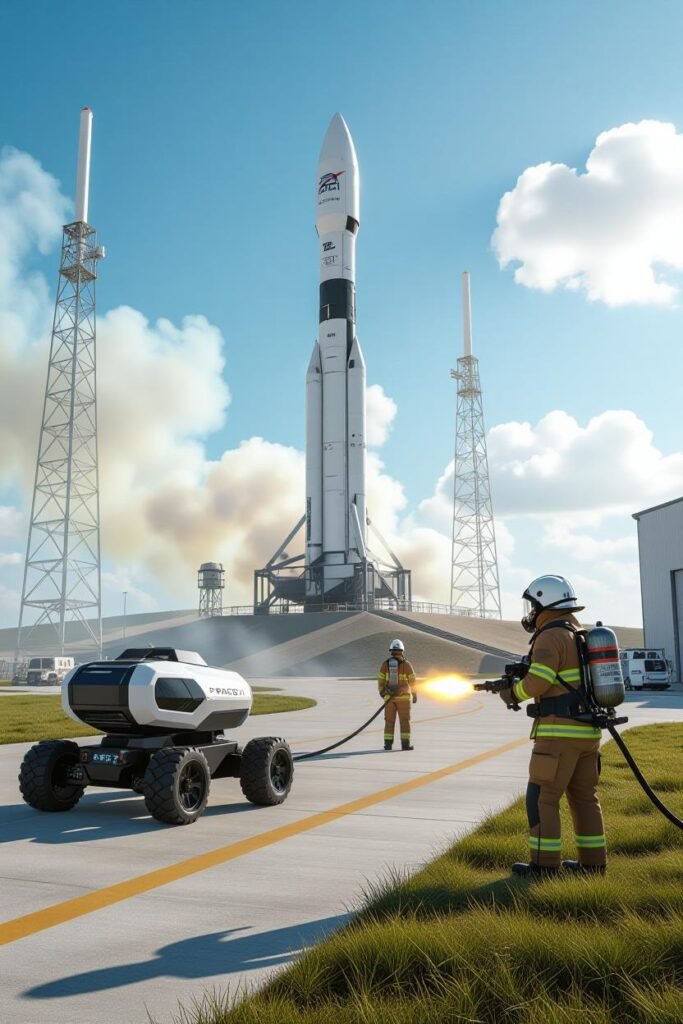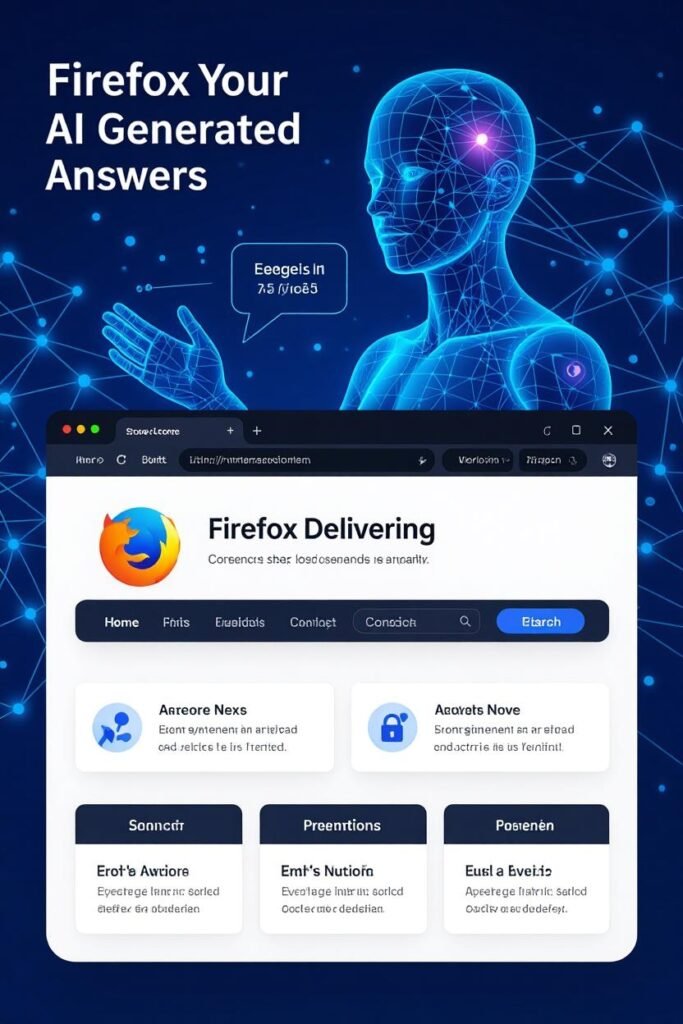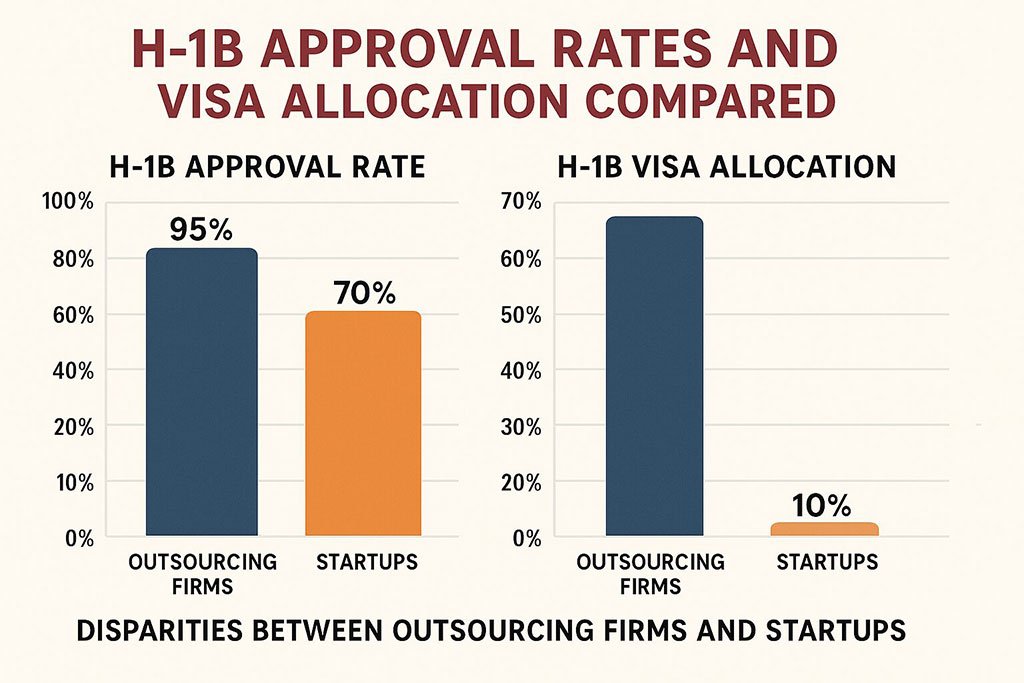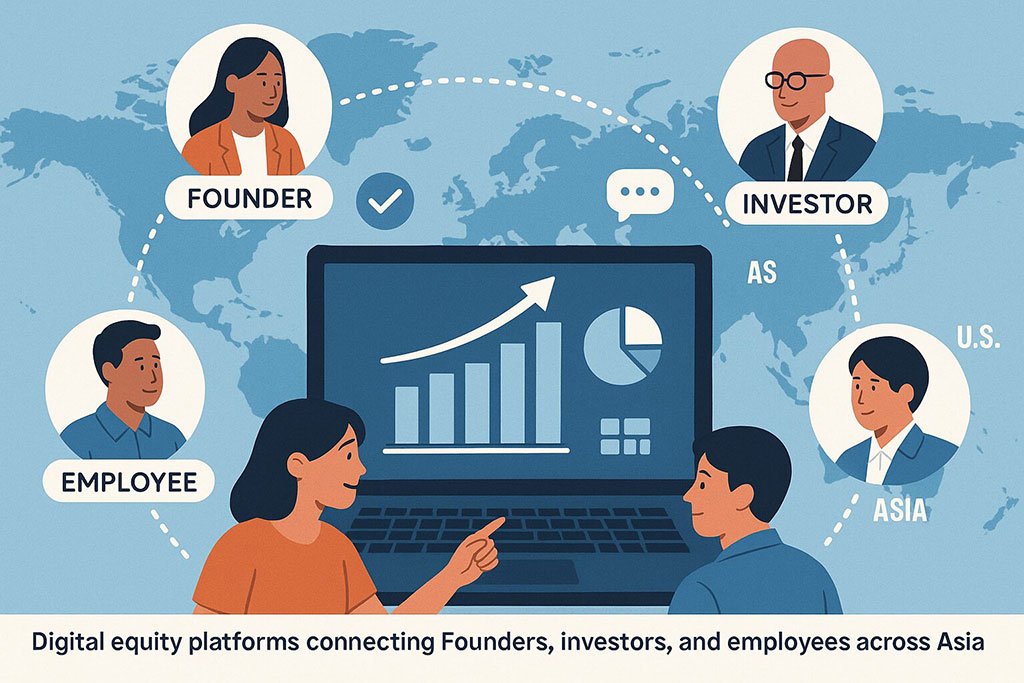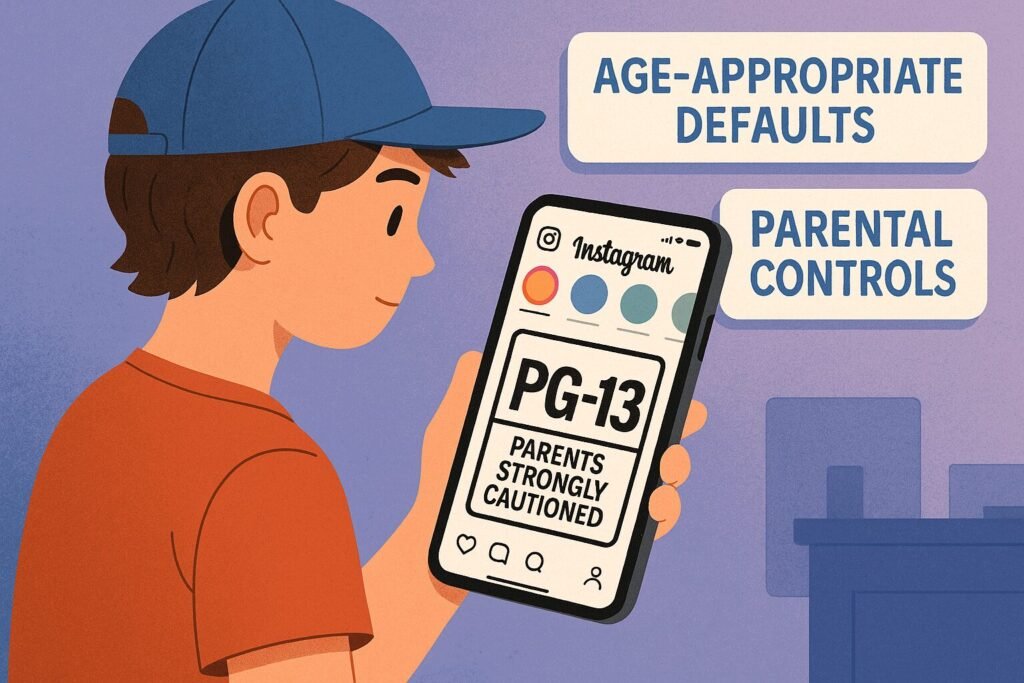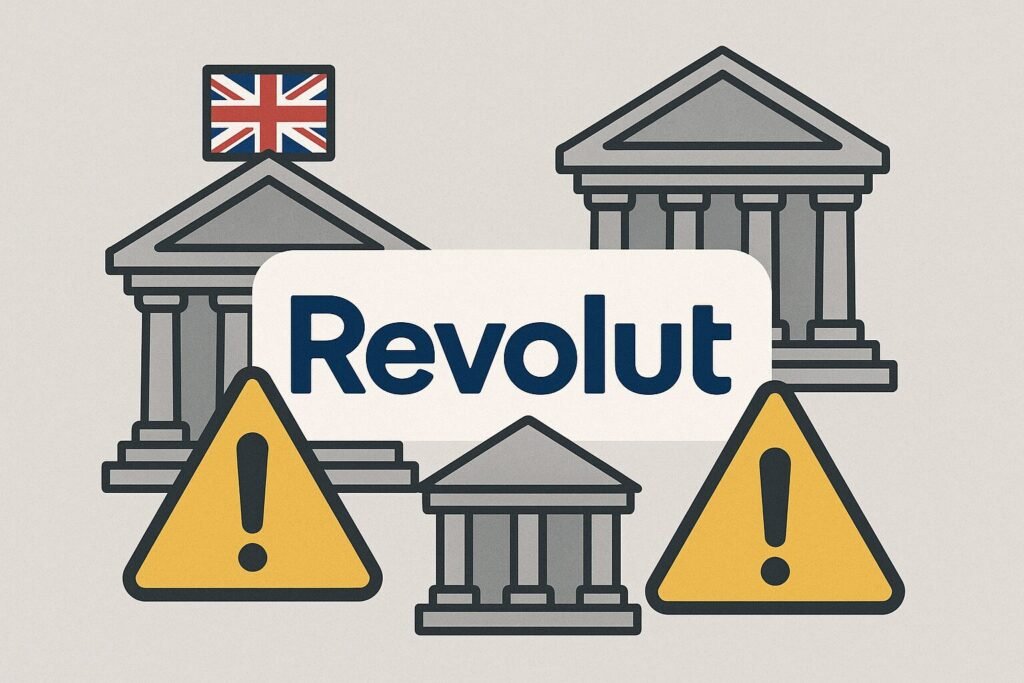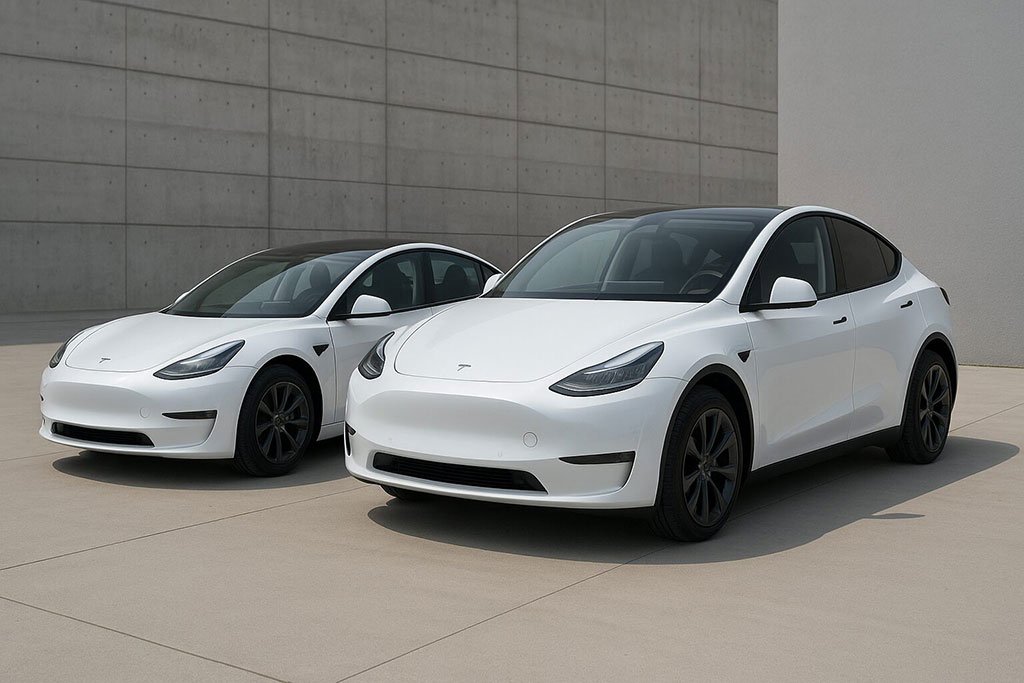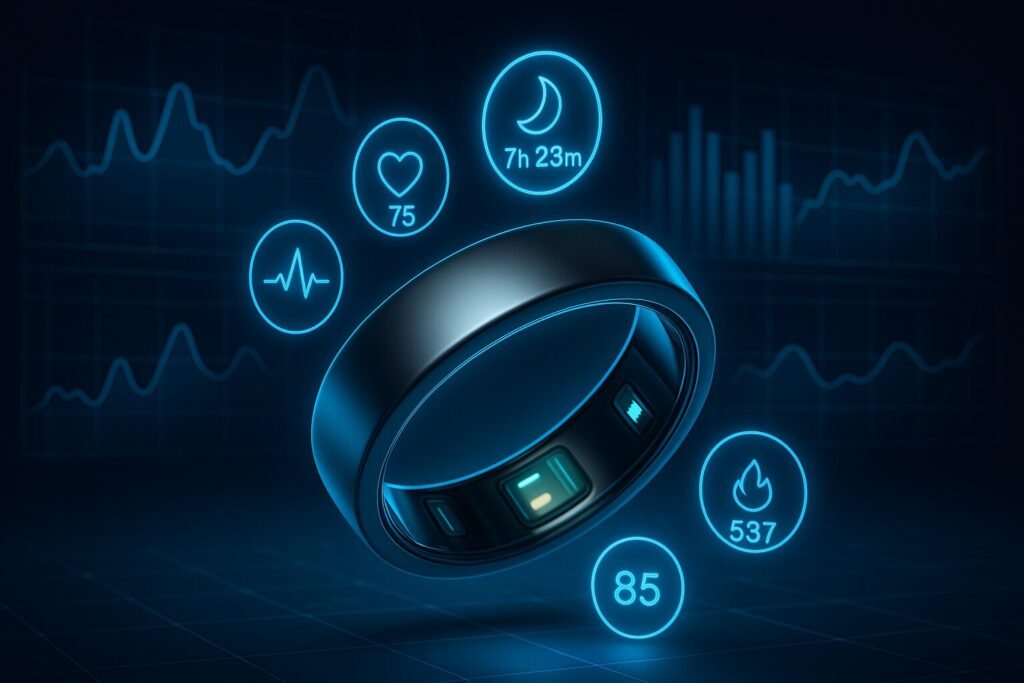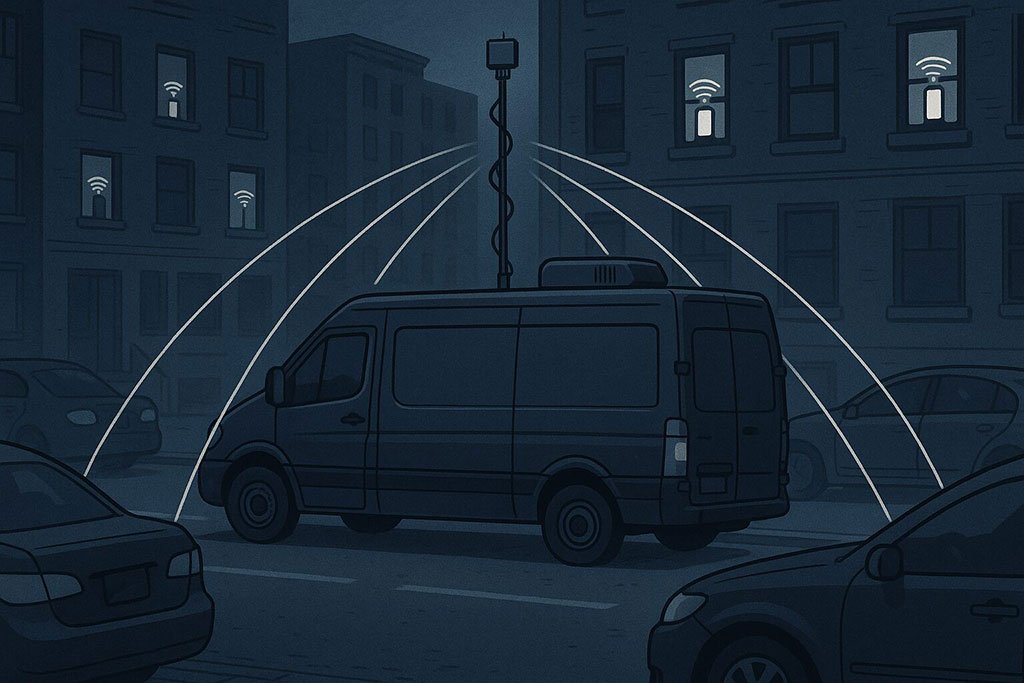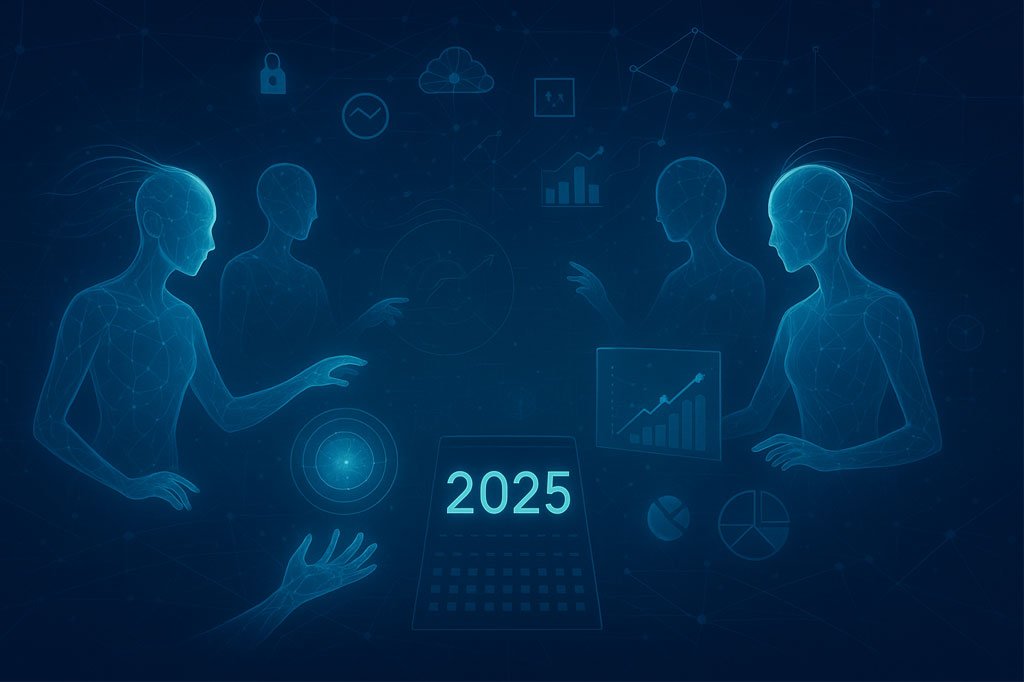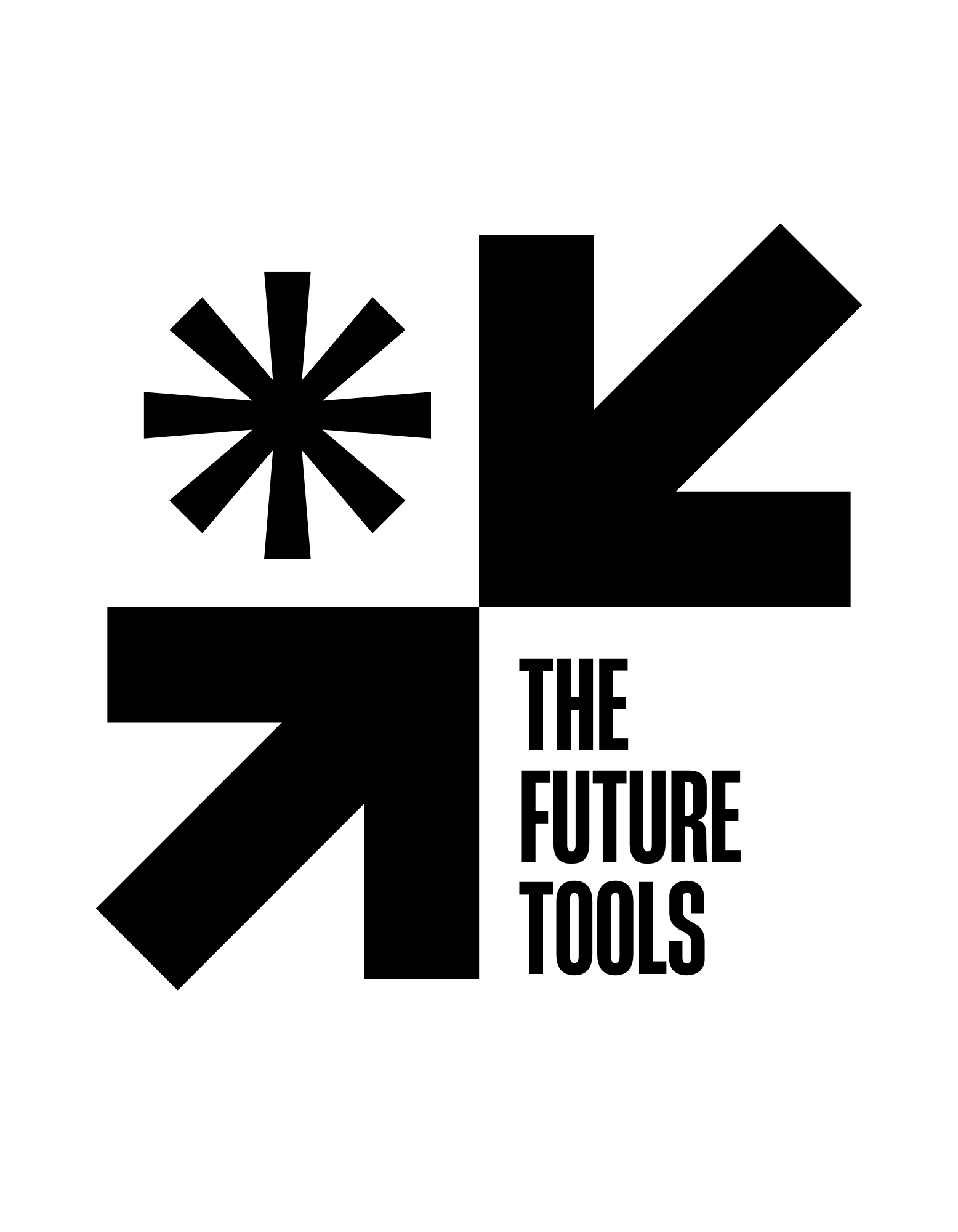Now Reading: Biotech and Health Tech in 2025 – Pioneering a New Era of Human and Environmental Wellness
-
01
Biotech and Health Tech in 2025 – Pioneering a New Era of Human and Environmental Wellness
Biotech and Health Tech in 2025 – Pioneering a New Era of Human and Environmental Wellness
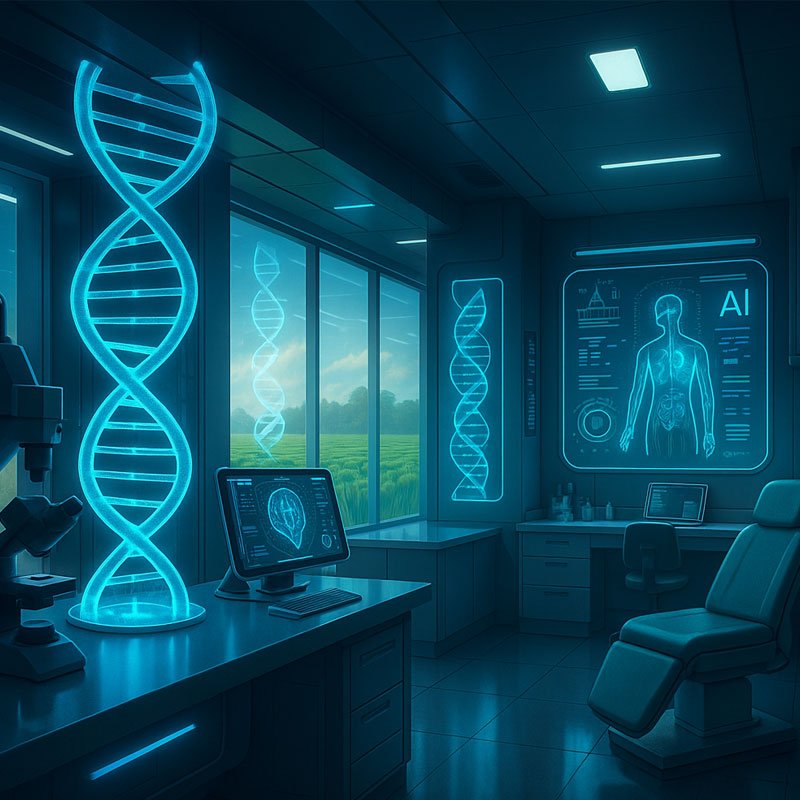
The biotechnology and health technology sectors are driving transformative change in 2025, integrating advanced biological sciences with cutting-edge digital innovations to address global challenges in healthcare, agriculture, and sustainability. Valued at $1.55 trillion, the global biotech market is experiencing a 22% year-over-year investment surge, underscoring its pivotal role in shaping the future. From precision medicine to sustainable bioengineered crops, these fields are enhancing human health and environmental resilience.
This comprehensive article explores the core principles, emerging trends, sector-specific impacts, ethical considerations, and future outlook of biotech and health tech. Designed for industry professionals, researchers, and technology enthusiasts, it provides actionable insights supported by current data and real-world applications. Optimized for search queries such as “biotech trends 2025” and “health tech advancements,” this guide illuminates the path toward a healthier, more sustainable world.
Defining Biotech and Health Tech
Core Principles
Biotechnology leverages living organisms, cells, or biological processes to develop innovative products and solutions, spanning medical, agricultural, and environmental applications. Health technology complements this by integrating digital tools—artificial intelligence (AI), wearables, and telehealth platforms—to optimize medical care and patient outcomes. Together, they create a synergistic ecosystem that addresses critical global needs.
Key domains include:
-
Red Biotechnology: Focused on medical advancements, such as gene therapies and diagnostics.
-
Green Biotechnology: Enhancing agricultural sustainability through genetically modified crops.
-
Health Technology: Utilizing AI, sensors, and telemedicine for personalized healthcare.
-
Bioinformatics: Analyzing vast biological datasets to inform precision medicine and research.
Practical Applications
Consider a biotech firm developing a gene-editing therapy for cystic fibrosis, paired with a health tech wearable that monitors lung function in real-time. In 2025, 30% of healthcare providers have adopted AI-driven biotech tools, improving diagnostic accuracy by 38%. Meanwhile, advancements in sequencing technologies have reduced costs by 42%, making personalized treatments accessible to a broader population.
Key Trends Driving Innovation in 2025
The biotech and health tech sectors are propelled by five transformative trends, each reshaping their respective fields with cutting-edge advancements.
Precision Medicine and Genomic Integration
Precision medicine leverages AI and genomics to tailor treatments to individual genetic profiles. In 2025, 45% of new pharmaceuticals are personalized, with cancer therapies achieving 28% higher efficacy through targeted approaches. For instance, a precision oncology platform matches patients to therapies based on tumor genetics, extending survival rates.
Next-Generation Gene Editing
CRISPR-Cas9 and advanced gene-editing tools are revolutionizing treatment for genetic disorders. Clinical trials for conditions like sickle cell anemia report 85% success rates, with therapies becoming more cost-effective. Biotech companies are scaling production, reducing treatment costs by 30% compared to 2024.
Advanced Wearable Technologies
Wearable devices now monitor chronic conditions with unprecedented accuracy, with 68% of users adopting health-tracking wearables. A smartwatch application, for example, alerts diabetic patients to glucose fluctuations, reducing hospital visits by 32%. Integration with cloud platforms ensures seamless data sharing with healthcare providers.
Synthetic Biology for Sustainability
Green biotechnology is creating sustainable solutions, such as bioengineered algae for biofuels, cutting carbon emissions by 22% in pilot projects. In agriculture, genetically modified crops increase yields by 17% in drought-prone regions, supporting global food security.
AI-Powered Telehealth Solutions
Telehealth platforms, enhanced by AI, achieve 92% diagnostic accuracy for common conditions, expanding access to underserved communities. A virtual clinic reduced patient wait times by 45% by using AI to prioritize urgent cases, integrating with electronic health records for continuity of care.
Health tech investments, reaching $46 billion in 2025, underscore the momentum behind these trends, fostering innovation and accessibility.
Sector-Specific Impacts
Biotech and health tech are catalyzing profound changes across multiple industries, delivering measurable benefits through innovation and efficiency.
Healthcare Delivery
AI diagnostics and telehealth platforms are transforming patient care, with 38% of hospitals adopting virtual systems. An AI tool detecting early-stage dementia through speech analysis enables interventions that slow progression by 22%. Gene therapies now reach 18% more patients with rare diseases, enhancing quality of life.
Pharmaceutical Innovation
Biotech is accelerating drug development, with AI-driven simulations reducing trial durations by 32%. A pharmaceutical company developed an mRNA-based antiviral in 90 days, showcasing rapid response capabilities. The global market for such therapies is valued at $130 billion, reflecting robust growth.
Agricultural Sustainability
Green biotech enhances crop resilience, with bioengineered wheat increasing yields by 20% in arid regions. Nutrient-enriched crops, like vitamin-fortified rice, benefit 12 million people worldwide, reducing malnutrition. These advancements cut pesticide use by 28%, aligning with environmental goals.
Environmental Solutions
Synthetic biology produces eco-friendly materials, such as biodegradable plastics, reducing fossil fuel dependency by 18%. Microbial bioremediation cleans contaminated sites 42% faster than conventional methods, supporting ecosystem restoration.
Consumer Wellness
Health tech empowers individuals, with 72% of adults using wearables to monitor health metrics. A genetic-based nutrition app personalizes diet plans, improving wellness outcomes by 30%. These tools foster proactive health management, reducing chronic disease risks.
Collectively, these advancements drive a 14% increase in healthcare efficiency and contribute $550 billion to the global economy in 2025.
Ethical and Practical Challenges
The rapid advancement of biotech and health tech presents challenges that require strategic solutions to ensure responsible deployment.
Ethical Considerations
Equitable access remains a concern, as high-cost gene therapies can exclude marginalized populations. Privacy risks are significant, with 48% of health tech users concerned about data security. Ethical frameworks are essential to balance innovation with fairness and transparency.
Technical and Regulatory Hurdles
Interoperability issues affect 40% of health tech deployments, complicating integration with existing systems. Regulatory bottlenecks delay 22% of biotech product approvals, impacting market entry. Safety concerns, such as unintended gene-editing effects, necessitate rigorous testing protocols.
Solutions and Best Practices
Companies are adopting secure data encryption and cloud-based systems to protect user information. Public-private partnerships are expanding access to therapies, while streamlined regulatory pathways are accelerating approvals. Regular safety audits and diverse clinical trials ensure robust, inclusive outcomes.
Future Outlook – Biotech and Health Tech Beyond 2025
Looking toward 2030, biotech and health tech are poised to contribute $2 trillion to the global economy. AI diagnostics will achieve 97% accuracy, revolutionizing preventive care. Gene editing could address 60% of genetic disorders, while bioengineered organs may reduce transplant waitlists by 45%.
In agriculture, climate-resilient crops will feed an additional 600 million people, supporting global sustainability. Biodegradable materials will replace 35% of traditional plastics, advancing net-zero goals. Collaborative efforts among innovators, regulators, and communities will ensure these technologies are equitable and safe.
Biotech and health tech are reshaping the future, with a $1.55 trillion market and 22% investment growth driving innovation. From 38% more accurate diagnostics to 20% higher crop yields, these technologies deliver tangible impact. Addressing ethical, privacy, and regulatory challenges is critical to sustaining trust and progress.
Industry leaders and individuals can engage with these advancements by exploring biotech startups, adopting health tech wearables, or advocating for inclusive policies. Subscribe to The Byte Beam for ongoing insights into this transformative landscape, and join the movement toward a healthier, more sustainable world.

